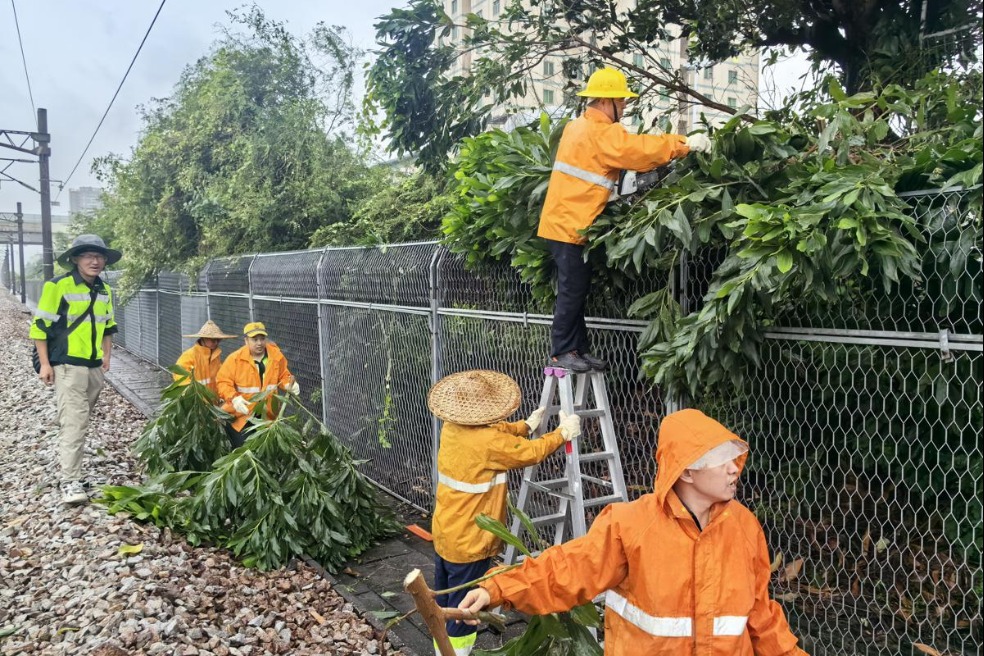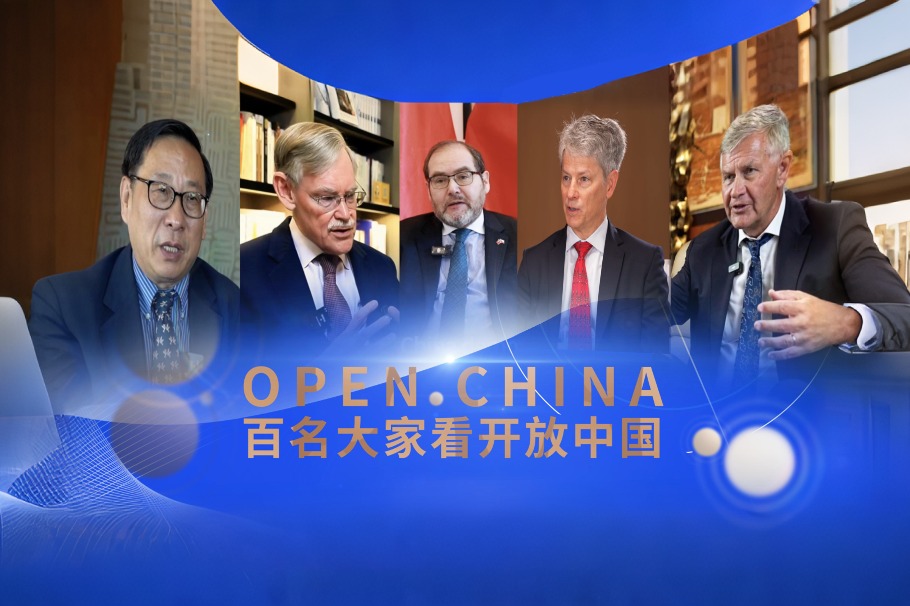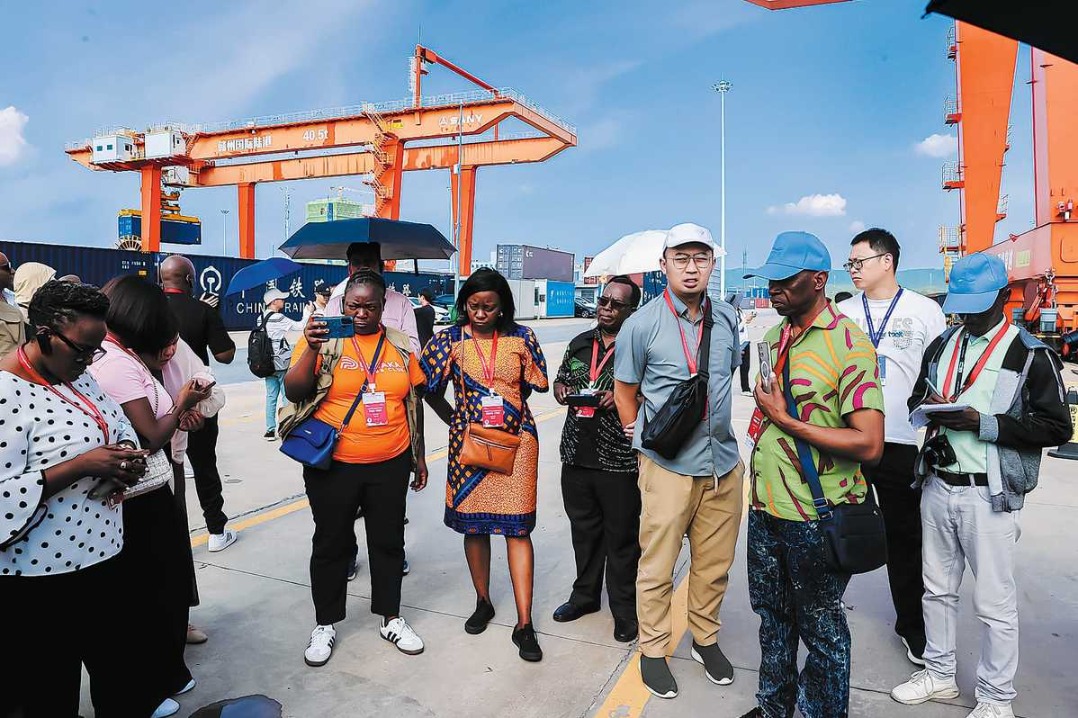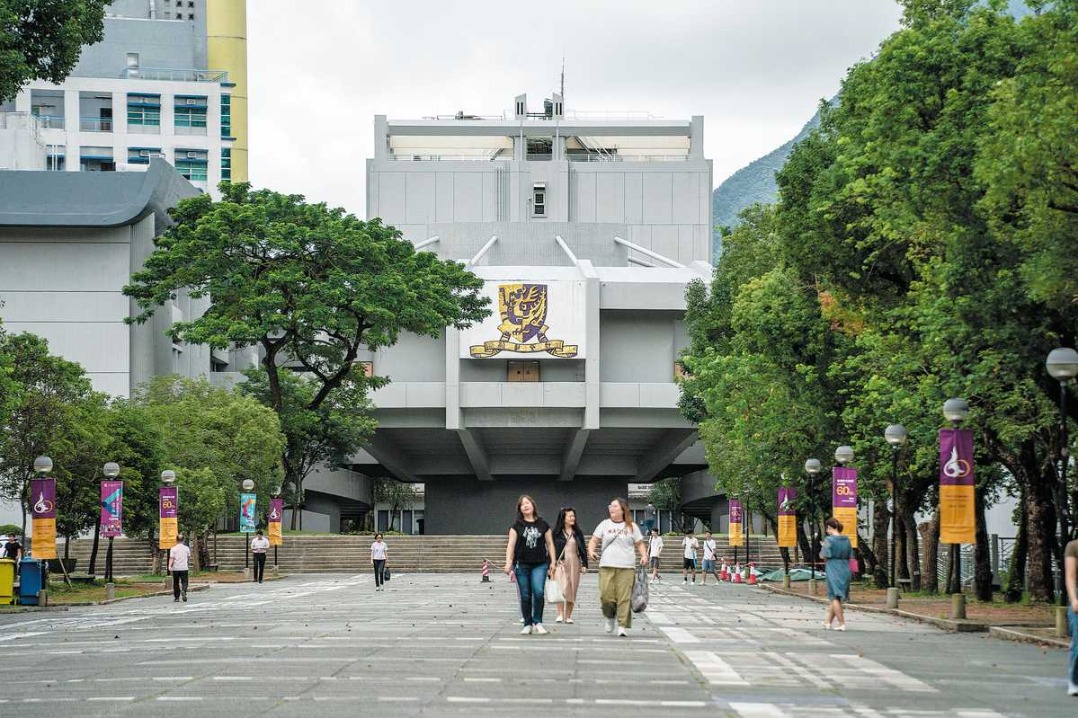Diaocha yanjiu: a legacy and firm guide for policymakers


Education campaign
The Communist Party of China is now carrying out a Partywide thematic education campaign about studying and implementing Xi Jinping Thought on Socialism with Chinese Characteristics for a New Era.
The campaign is targeting 98 million Party members, and extensive fact-finding activities are encouraged to help officials at all levels come up with concrete solutions.
This will enable them to better serve the Party and contribute to the construction of a modern socialist country in all aspects, and advance the great rejuvenation of the Chinese nation on all fronts.
The coverage of these activities prompted China Daily journalists to delve into this intriguing topic.
In the latest episode of Potside Chats, an Edgar Snow Newsroom video column that aims to explore everything about China over table talk, three China Daily journalists share their understanding of diaocha yanjiu, or "investigation and research", based on their own down-to-earth coverage experiences.
Stone traveled to Xunwu — where Mao first put forward his famous maxim,"No investigation, no right to speak" — to learn more about the Xunwu Research Memorial Hall.
Built in 1917 and converted into a memorial hall in 1968, it is a two-story building with a unique design based on the building style of the Hakka ethnic group.
Hou Aiping, director of the Xunwu Research Memorial Hall, told Stone that when Mao conducted his investigation in Xunwu, he organized town hall meetings, with local people representing different strata of society. The meetings could last more than 10 days, including investigations into specific topics, comprehensive investigations and a concluding investigation.
"During the concluding investigation, Chairman Mao brought together more than 50 people, even a few delinquents, to address any lingering questions," Hou said.
"He would sort out the confusion and seek input from everyone until they arrived at plausible answers. This is why Comrade Mao Zedong said that these investigative meetings were the simplest, most practical and most reliable method."
Hou also quoted Mao's words, "I gained significant benefits from this approach (investigation and research), surpassing what one might learn in any university."
Walking in the hall, Stone noticed an exhibit on the wall that said: "Research is like being pregnant for 10 months. Solving problems is like giving birth in a day. So, research is about solving problems" — a quote from Mao's famous article "The Opposition to Dogmatic Idealism", which he wrote in Xunwu in 1930.
That sentiment forms the basis of China's commitment to evidence-based governance and informed decision-making — a crucial first step in establishing a solid foundation for the Party.
Its implications still cast an overarching influence on CPC officials today.























